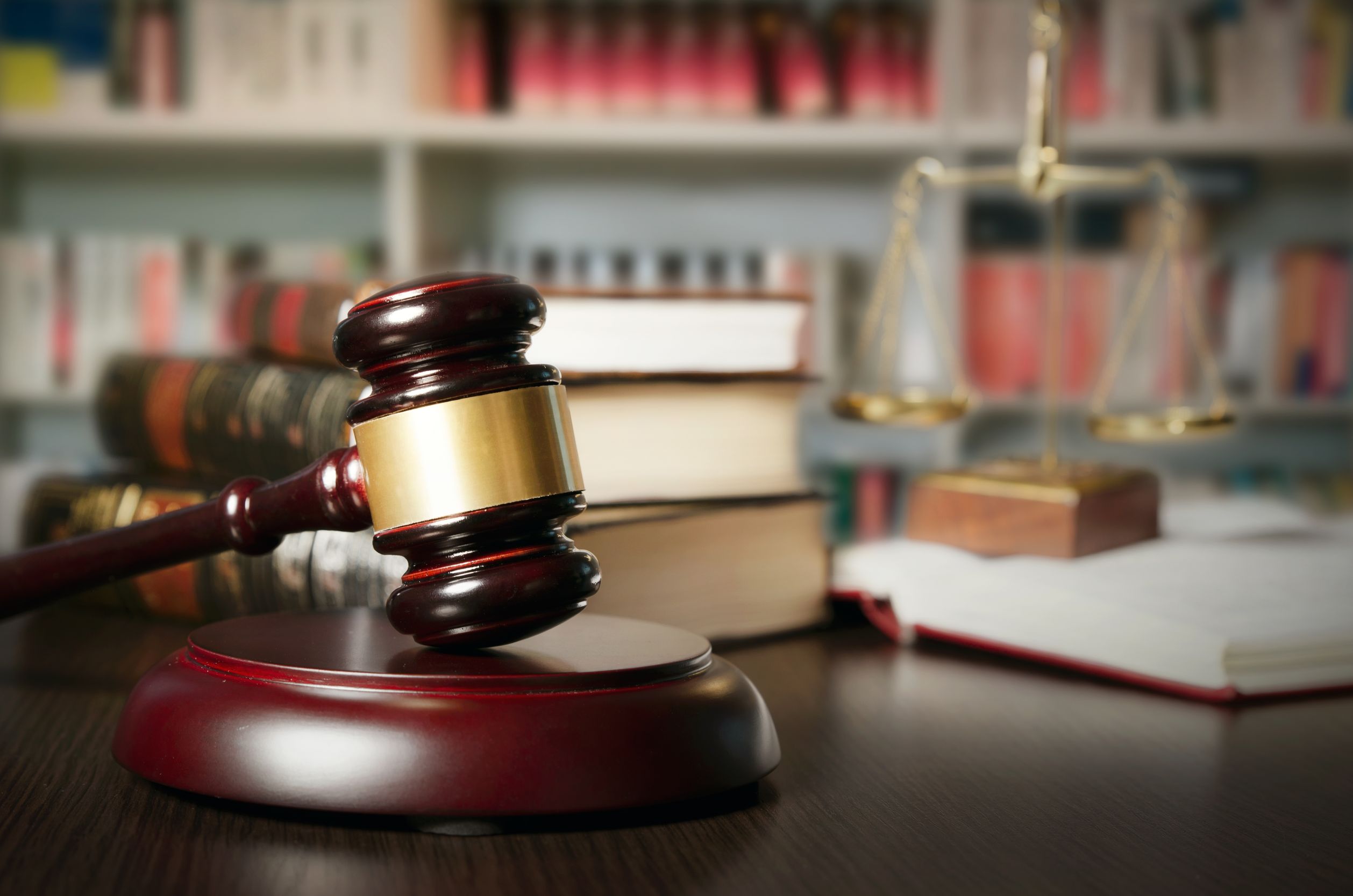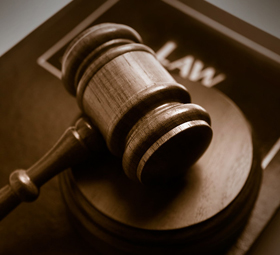The laws that are applicable to bankruptcy are extremely complex, the smallest error when filing can have a devastating effect on the result. Courts do not tolerate errors, even the smallest error, one which appears to be totally insignificant can cause the case to be dismissed or the person filing may lose assets that otherwise he or she could have kept. A Henderson Nevada bankruptcy attorney will not let this happen; using his or her skill and experience the attorney will guide the client through the whole process.
There are a number of different ways to declare bankruptcy, two of which are commonly used by individuals and small businesses. The attorney will explain both Chapters 7 and 13 and suggest which might give the best relief under the circumstances.
Bankruptcy explained:
The majority of people have limited knowledge of the bankruptcy process. Of course, people are aware of bankruptcy, and they know that it is something that can be used to eliminate the debt which they simply cannot service. What they often don’t know is the options that are available to them and the consequences of these options. A bankruptcy attorney may even suggest that settling the debt would be a better option than declaring bankruptcy. If debt settlement looks like the better course of action, many attorneys can help develop a program.
Determine which bankruptcy is best:
For the individual and small business owner there are two common but different approaches to bankruptcy, Chapter 7 and Chapter 13. Both Chapters have their own unique benefits but as the circumstances surrounding the declaration of bankruptcy is different one way is always more beneficial that the other.
* Chapter 7: is commonly called straight bankruptcy and requires the liquidation of assets. The individual declaring bankruptcy agrees to selling whatever non-exempt assets he may have and splitting the proceeds from the sale amongst the creditors. Not all assets have to be sold, the debtors home, automobile, and his personal effects are exempt. If, after the non-exempt assets are sold the money available is not sufficient to wipe out the total debt, the debt is discharged. The process of declaring Chapter 7 is relatively short, and almost all unsecured debt can be eliminated other than unpaid taxes, school loans and child support.
* Chapter 13: is called debt adjustment bankruptcy; it is debt consolidation under court mandate. The existing debts are totaled, and a reorganization plan is developed. Once the plan is approved by the court, the debtor pays an agreed-upon sum to the court administrator every month, the administrator in turn makes payments to the creditors. Usually, the agreed time frame for repayment is three years but can go as long as five years. Regardless of the time frame, once it is over all debts are considered as settled. People who have steady cash flow and significant assets will usually opt for Chapter 13.
A Henderson Nevada bankruptcy attorney can continue being of assistance even after the bankruptcy is discharged. He can help by giving advice on the best way to rebuild a credit line and otherwise get on with life with no debt load.
If you think you need a Henderson Nevada bankruptcy attorney you are invited to contact the Law Offices of Hayes & Welsh. They can guide you through the process and see that you get maximum relief under the law.







